
There was a clear winner in the first presidential debate - Mitt Romney trounced President Barack Obama, giving the Republican nominee's campaign the second wind it needed.

There was a clear winner in the first presidential debate - Mitt Romney trounced President Barack Obama, giving the Republican nominee's campaign the second wind it needed.

Hedge fund heavyweights proved that they can move the markets when stocks gained or lost when these investors made their investment picks for the year. Chipotle lost 5% just on Tuesday, while an HMO enjoyed a bump.

Physicians aren't just teaching patients to do as they say because they're walking the walk. According to a Gallup poll, physicians in the U.S. are in better health than the rest of the adult employed population.
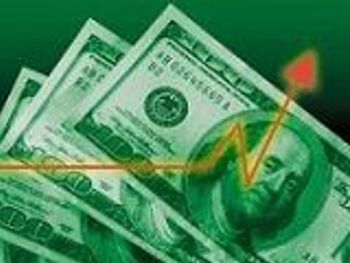
Health care is an interesting market because for the most part it's remarkably stable. Here are five health care-related stocks with long-term growth potential, according to Morgan Stanley.

Staring down the barrel of the fiscal cliff and still dealing with the European debt crisis, investors want more stability in their stock picks. Here are Morgan Stanley's top long-term growth prospects.

Amidst a minor scandal surrounding the resume of one of Abbott Laboratories' executives, the health care company received a little good news as the FDA expanded the use of Humira.

Television has made a lot of stressful and cutthroat jobs look more glamorous than they are. Here are the 12 most overrated jobs of 2012, including two health care jobs.

The physician shortage may be set to get worse, not better, regardless of how many new graduates medical schools send out into the world. Low satisfaction and changing practice styles are pointing to a physician exodus and more limited access for patients.

Not everyone is eligible for meaningful use funding, but physicians still interested in getting an EMR for their practice can look to trading partners for funding.
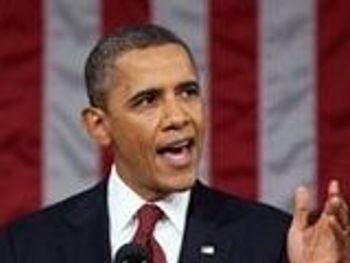
As the election creeps closer the candidates have begun to address one of the biggest issues: Medicare. However, neither option is looking particularly strong right now with Romney's details hazy and Obama simply increasing fees and costs.

With crimes rates far lower than the national average, good schools, a high percentage of homeownership and a short commute to bustling downtowns, these suburbs are the best of the best for those looking to get out of the city.

Patients are ready for more online health care access, but health information technology adoption in the industry isn't growing fast enough to meet that demand.

Although workers in America claim they have learned from the experiences of current retirees, they've fallen behind the curve when it comes to retirement. The vast majority aren't sure they're saving enough to live comfortably during their golden years.

Experts expect that six million Americans will have to pay a penalty for not buying health insurance, which will result in a total collection of $7 billion in 2016.

Despite rating their financial decision-making abilities highly, a majority of middle-class Americans reported making at least one really bad decision in the past that cost them an alarming amount of money on average.

The country may be facing a physician shortage, but stop-gap efforts like substituting nurses for physicians aren't the way to solve the shortage; team-based care is a better option, according to the AAFP.

For a year and a half investors have had their eyes on Europe with the debt crisis ranking as the biggest concern. But there's a new issue in town: the U.S fiscal cliff.

Progress marches on, leaving behind it the remains of those items that didn't make the cut or have been surpassed by newer and better innovations. Here are seven items that are obsolete (and five on their way out).

The advent of the travel site was a wonderful time for frugal vacationers. But not everyone has the time to check and compare every site out there.

The Fed plans to keep its stimulus program in place even after the economy picks up momentum to prevent any backsliding and protect against any possible shocks from the economic headwinds the U.S. is facing.

The Federal Reserve is so unhappy with the slow growth of the economy that not only did it finally announce the long-awaited third round of quantitative easing, but it didn't set any end date for the program.

Although health insurance premiums increased by a moderate amount, it still outpaced the growth in worker's wages and inflation, ensuring that soaring health care costs will continue to be a top presidential campaign issue.

Hundreds of thousands of jobs will be lost as a result of the 2% sequester of Medicare spending. Here are the top 10 employment sectors most adversely affected from the cut.

With extra taxes and fees on travel-related services, visitors can find they're paying 57% over general sales tax in some areas. As it is travelers are looking for the best deals on travel prices and now they can take a closer look at which U.S. cities are the worst offenders.

Despite promises made during the campaign to become the Republican nominee, Mitt Romney has now said he might keep parts of Obamacare if he wins the election in November. Hardly surprising considering he instituted a similar health insurance program in Massachusetts while he was governor.
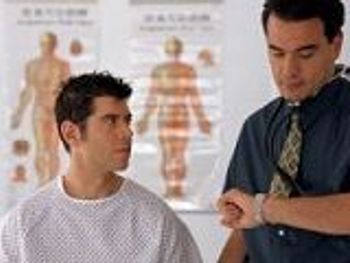
Busy as physicians are just trying to keep up with the sheer numbers of patients they have to see a day, the smallest delay can throw the whole day off. Inevitably, though, there will always be those patients who are late or do not show.

Increasingly grandparents in the U.S. are finding themselves taking on the role of financial safety net for their children and grandchildren, even if it is to their own detriment.

While the America's housing market slowly comes back, the rest of the world is reporting very split results, with some markets seeing huge increases in home prices, while others lag (mostly the PIGS).
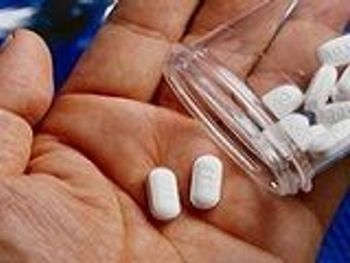
While approval times for new oncology drugs are getting shorter in the U.S., the opposite is true over in the European Union, where non-oncology drugs are seeing shorter approval times.
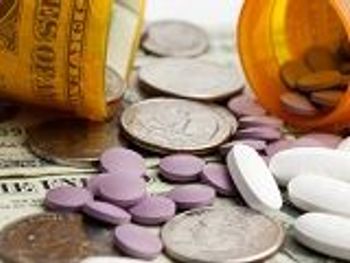
The rate of U.S. prescription-drug spending growth reached a historic low in 2010, but there are still methods to consider to reduce spending even more, particularly tools that have found success in other countries.